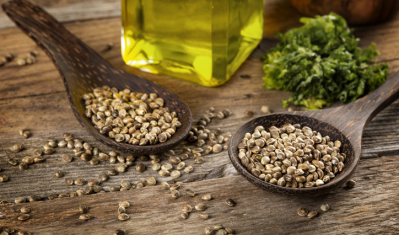Supplements and functionals food checks reveal increasing safety non-compliance and criminal cases in India

Through regional offices across the Indian states and union territories, FSSAI conducts regular monitoring, inspection, and random sampling of products to check on their compliance with provisions stipulated in the Food Safety and Standards (FSS) Act 2006, Rules and Regulations, 2011.
Shri Ashwini Kumar Choubey, Union Minister of State for Consumer Affairs, Food & Public Distribution, recently provided the consolidated data from across the country in Indian parliament.
The findings indicated an increase in the number of samples collected for analysis over the last five years — from 106,459 in 2018-2019 to 172,687 in 2022-2023.
These samples were said to include protein powders and dietary supplements.
In 2018-2019, 30,415 samples were found to be non-conforming, with 18,550 civil cases launched and 12,734 convictions made. Notably, the findings also led to 2,813 criminal cases and 701 convictions.
During the COVID-19 years between 2020 and 2021, there were lesser samples collected (107,829), and consequently decreased criminal cases (3,869) and convictions (506).
From 2022 to 2023, a significantly larger number of samples were discovered to be non-compliant with safety regulations.
Among the samples collected, some 44,421 were non-conforming, resulting in 38,053 civil cases and 27,053 convictions, as well as 4,817 criminal cases and 1,133 convictions.
“In cases where the food samples were found to be non-conforming, penal action is initiated against the defaulting food business operators according to the FSS Act,” FSSAI said.
To identify hotspots of non-compliances and food adulteration, the authority has developed a pan-India surveillance system that helps to collect data regarding the safety and quality of food, and to ensure that food commodities in the market are safe for consumption.
The surveillance activities that have been carried out so far include National Milk Survey 2016, National Milk Quality Survey 2018, Milk and Milk Products Survey 2020, Edible Oils Survey 2020, PAN India Food Survey 2021 - For Trans-fat & Acrylamide Content, National Milk Survey 2022, and Jaggery Surveillance 2022.
Following these surveys, the data are shared with relevant authorities in each state and union territory to initiate regulatory sampling and take penal action. Reports of the findings are also publicly available on FSSAI’s website.
Consumer education
In addition, FSSAI has taken steps to improve consumer awareness of food adulteration.
For instance, it has introduced a manual named DART (Detecting Adulterants with Rapid Testing), which is a compilation of common adulterants and contaminants in food products that can be tested at a household level by consumers themselves.
These include oils and fats, sweetening agents, pulses, spices, salt, tea, coffee, artificial and toxic colours, and other extraneous materials.
The manual is disseminated through social media and uploaded on the FSSAI website.
At the same time, FSSAI has created a dedicated playlist on “How to check for adulteration” on its YouTube channel. These videos are shared on social media platforms such as Instagram and Facebook on a regular basis.
Another initiative is the Food Safety On Wheels (FSW) programme. Mobile food testing vans — equipped to conduct simple tests for common adulterants in milk, water, edible oil and other items of daily consumption — are used to reach remote areas, and perform training and awareness activities.












